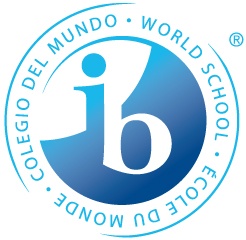Why the IB is different
The International Baccalaureate® (IB) aims to do more than other curricula by developing inquiring, knowledgeable and caring young people who are motivated to succeed. The IB hopes IB students will help to build a better world through intercultural understanding and respect.
The IB is different from other curricula because it:
- encourages students to think critically and challenge what they are told
- is independent of governments and national systems, and therefore able to incorporate best practice from a range of international frameworks and curricula
- encourages students to consider both their local and international environment.
In order to teach IB programmes, schools must be authorized. Every school authorized to offer IB programmes is known as an IB World School.
Unlike a national curriculum, IB programmes reflect the best practice of a range of different educational frameworks and curricula. It encourages students to be internationally-minded and to think beyond their immediate environment.
Through IB programmes, IB students “learn how to learn”, studying the unique theory of knowledge (TOK) course. They are encouraged to try different approaches to learning and to take responsibility for their own educational progress.
IB programmes help IB students:
-ask challenging questions
-think critically
-develop research skills proven to help them in higher education.
IB programmes also encourage students to be active in their communities and to take their learning beyond academic study.